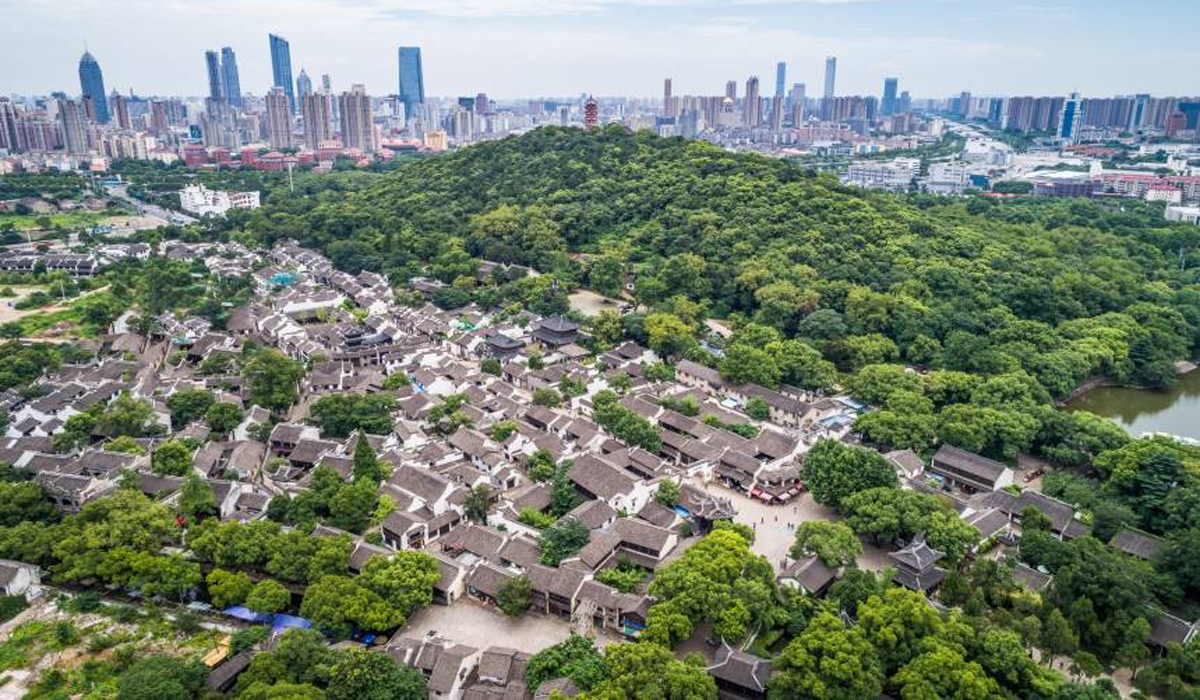
A new study reveals that increasing urban vegetation cover could significantly reduce heat-related deaths globally, potentially saving up to 1.16 million lives. Researchers from Monash University in Australia conducted a comprehensive modelling study, showing that expanding urban greenery by 30% could lower the global population-weighted warm-season mean temperature by 0.19°C. This reduction in temperature could prevent a significant number of deaths, with a 10% increase in vegetation preventing 0.86 million deaths and a 20% increase preventing 1.02 million. The study, published in The Lancet Planetary Health, is the first to model both the cooling and health benefits of urban greenness in mitigating heat-related mortality.
It highlights how greening urban areas could be an effective strategy to reduce the health impacts of heat exposure, which has become an increasing public health concern due to climate change. Between 2000 and 2019, heat exposure was responsible for around 0.5 million deaths per year, accounting for nearly 1% of global mortality. The researchers used data from more than 11,000 urban areas across the globe, assessing the impact of increased greenness on heat-related deaths between 2000 and 2019. The study found that urban areas in Southern Asia, Eastern Europe, and Eastern Asia would benefit most from increased vegetation, experiencing the greatest reductions in heat-related deaths. Urban greenness cools the environment by providing shade, deflecting solar radiation, and promoting evapotranspiration—the process by which moisture evaporates from plants and soil, cooling the air.
This cooling effect reduces the temperature in cities, which in turn lowers the risk of heat-related illnesses and deaths. In addition to reducing heat exposure, greenness also offers several other health benefits, including improved mental health, increased social engagement, enhanced physical activity, and better air quality.
The researchers emphasized that urban vegetation not only helps with heat mitigation but also contributes to overall well-being. As climate change continues to exacerbate the frequency and intensity of heatwaves, the study warns that heat-related deaths are expected to rise dramatically in the coming decades. In the most extreme global warming scenarios, heat-related mortality could account for as much as 16.7% of all deaths in Southeast Asia by the end of the century.
The findings of this study provide strong evidence for the importance of urban greening as a climate adaptation strategy. By increasing vegetation in cities, authorities can lower the temperature, reduce health risks, and improve quality of life for residents, particularly in regions most vulnerable to the impacts of extreme heat.
